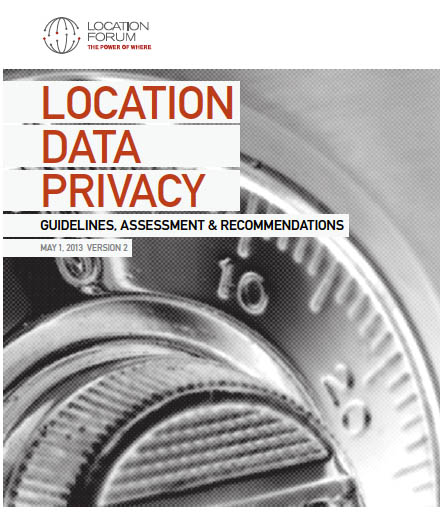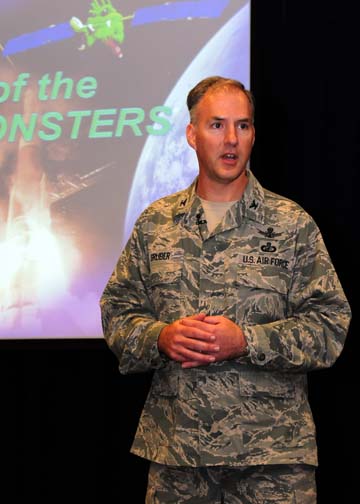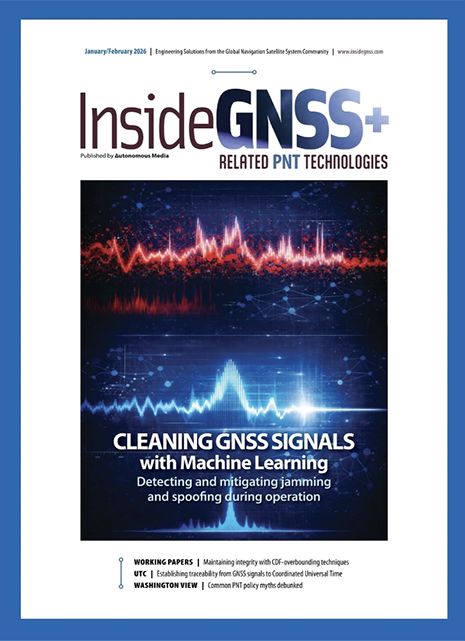American Election 2016 — now that was something, wasn’t it?
A national unpopularity contest. Sort of Commedia dell’arte meets Monty Python, directed by Todd Phillips, with a cameo appearance by Berlusconi.
Did we find it risible? Oh, yes, but were those tears of laughter, sorrow, or disbelief?
So, while we are collectively unpacking the meaning and nonsense from two years of political theater and telling each other our fortunes for the next four, what does it portend for GNSS?
Well, the tea leaves are a little unclear.
American Election 2016 — now that was something, wasn’t it?
A national unpopularity contest. Sort of Commedia dell’arte meets Monty Python, directed by Todd Phillips, with a cameo appearance by Berlusconi.
Did we find it risible? Oh, yes, but were those tears of laughter, sorrow, or disbelief?
So, while we are collectively unpacking the meaning and nonsense from two years of political theater and telling each other our fortunes for the next four, what does it portend for GNSS?
Well, the tea leaves are a little unclear.
The Trump-l’oeil of the president-elect’s platform to date provides few clues, although Dee Ann Divis takes a valiant stab at the implications for GPS in this issue’s Washington View column.
But consider this: Another Republican showman, Phineas Taylor Barnum, a two-term state legislator and mayor of Bridgeport, Connecticut, actually appeared to be an anti-slavery advocate toward the end.
If P. T. Barnum — better known to later generations for his traveling circuses than his political acumen — could find nobility amid his gaudy business and personal style, we should not abandon all hope. Of course, Barnum probably never thought of running for president, but if he had, could we have intuited his stance on, say, the gold standard from the content of his menagerie?
If we were to elevate the theatrical aspects of the current situation to the Shakespearean level, we could consider The Winter’s Tale from which this column’s title is drawn. Recall how King Leontes of Sicily, in a sudden fit of insane jealousy, imprisons his wife. He then sends the ultimately unfortunate Antigonus to abandon Leontes’ daughter, Perdita, whom the king thinks was sired by his childhood friend, the Bohemian ruler Polixenes.
Various tragedies ensue.
By the fourth act, however, an amazing turn of events: Leontes, apparently restored to sanity through the suffering of his family and nation, frees his wife. He attends a popular festival in disguise, discovers the simple condition of common folk, and ultimately reconciles himself with Polixenes.
As metaphor of our current situation, we can hope that The Winter’s Tale might point to the end of the inutile prosecution of and threats of jail for Hillary Clinton and that the Trump era will not, as feared, worsen the inequitable distribution of wealth in society. Perhaps even that, along the way, a riven nation will find a renewed comity.
But enough of theater as politics. How about politics as politics?
Come 2017, for the first time since the second Bush administration, Republicans will have seized control of all three branches of the U.S. government. One mixed-blessing president exits the stage; another enters devoid of a majority in the popular vote. But as with George W., the Donald’s wings will probably remain unclipped despite the absence of a mandate.
Nonetheless, we should recall that it was the Bush government in 2004 that issued a (still unfulfilled) presidential directive on GPS/PNT. And another is arguably past due.
So, here’s what I think: since the 18th century, news media have often been called the Fourth Estate, implying that journalists have a seat at the table of the nation’s governance. (Of course, the election may have also underscored the passing of that notion and the rise of social media in its stead.)
But we actually have long had another de facto branch of government: the oft-maligned leaders and staff of the federal departments, agencies, and commissions. Yes, the dreaded bureaucrats — in whom resides the institutional memory of programs, policies, and practice. And therein exists a constructive inertia, the part of Newton’s First Law that asserts a body in motion will remain so absent other external forces.
Four decades into the GPS era, myriad GNSS-related initiatives — domestic and international, public and private — are under way. Every person with a cell phone getting into a car with a navigation system is a beneficiary and implicit advocate of the technology. GNSS has become an irresistible force over which the influence of any one person can only be limited, whether for good ends or poor.
For which we should be thankful.



